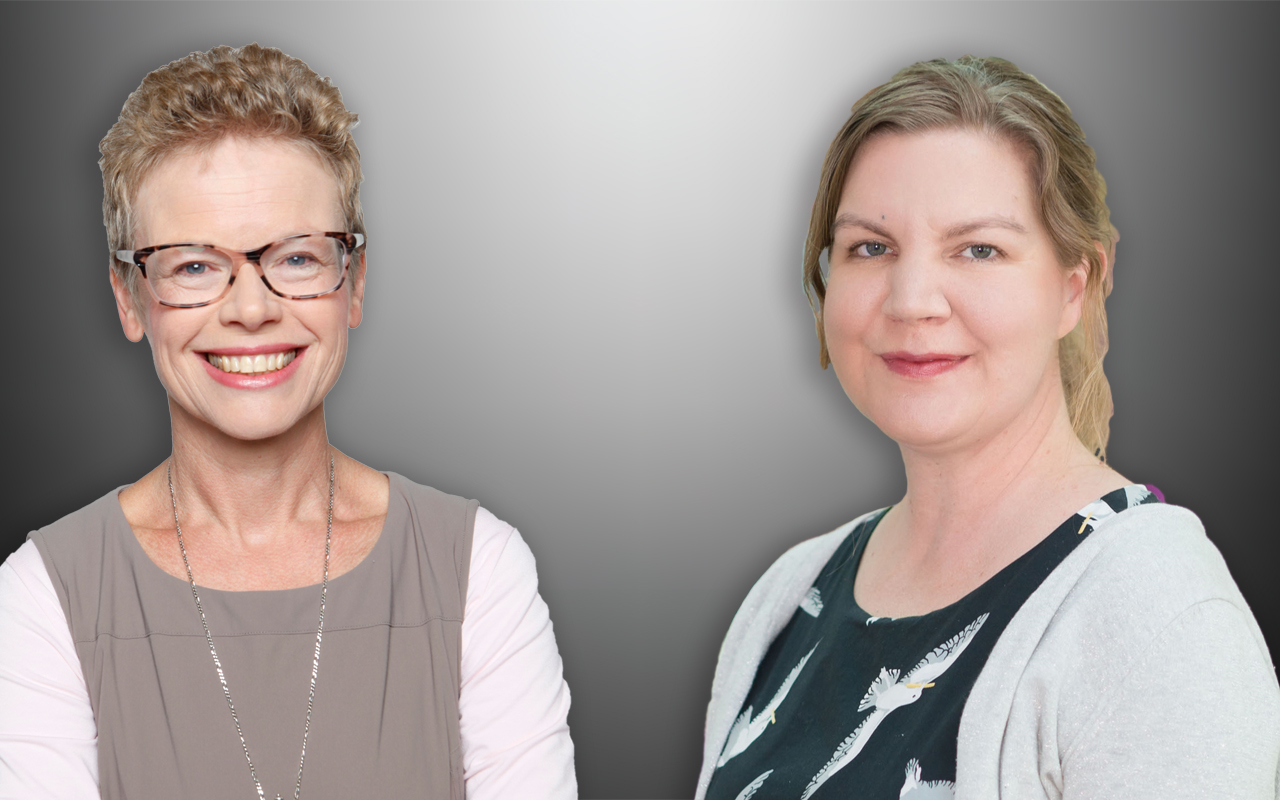ACCORDING to the World Health Organization, non-communicable diseases account for about 89% of all Australian deaths. Further, the Australian Institute of Health and Welfare estimates that half of all Australians have at least one of the eight most common chronic health conditions, including arthritis, back pain and problems, chronic obstructive pulmonary disease, cancer, mental health conditions, cardiovascular disease, asthma and diabetes.
Among children, one in seven is diagnosed with a mental health issue by their teen years and one in four is overweight or obese. And while many chronic conditions are linked to lifestyle factors, determinants of health can include an individual’s physical and psychological make-up as well as socio-economic, cultural and environmental factors, with clues to future health already evident in childhood.
Research led by Murdoch Children’s Research Institute (MCRI) is harnessing the power of longitudinal data to better understand health trajectories and the environmental and genetic foundations of non-communicable conditions or diseases. By mining these data for rich clues and sharing them with population health researchers around the world, our hope is that we can work towards a healthier future for our children and the adults they will become.
This area of population research that examines the relationships between physical, environmental and genetic factors and health outcomes across many years is known as life-course research.
This year we released data from Child Health CheckPoint. This nationwide in-depth health assessment and unique biological collection of 11–12 year-old Australian children and their parents was bedded within the Growing Up in Australia study that has tracked 10 000 young people and their families since commencing in 2004.
As the name suggests, Child Health CheckPoint was an initiative aimed at gathering data at the “checkpoint” between childhood and adolescence to help us understand how to set kids up for the healthiest possible life.
With funding from the National Health and Medical Research Council, the Child Health CheckPoint team set up a series of pop-up assessment centres in 2015–2016 across 30 Australian towns and cities. We invited 1800 of the 11 and 12 year-old children from the Growing Up in Australia cohort, together with a parent, to take part in the 3.5-hour sessions.
Through 17 different assessment stations, researchers collected details spanning physical activity and fitness, body composition, bone health, nutrition, sleep, vision, hearing, language, dental, cardiovascular, kidney and respiratory health. By collecting parent data, the researchers also created a unique, harmonised, cross-generational resource at a moment in time.
The rich biological samples collected and measurements taken will also enable future study involving genetics, inflammation, metabolic and micronutrient health, ageing and many other aspects of biological health.
Like piecing together a puzzle, Child Health CheckPoint collected data to create a snapshot of what child health looks like in Australia, and what adult health could look like.
While most of the youngsters tested were healthy, there emerged wide variations in their results, with key differences in health measurements such as weight, blood pressure, cholesterol and lung function. Not surprisingly, we also started to see them resemble their parents in some of these measures.
What was unexpected, however, was how strikingly children resemble their parents in bone strength – far more than on other characteristics. Hearing was also linked between children and parents, with early evidence suggesting that — even in childhood — poorer hearing could be related to factors such as obesity and inflammation. This would therefore make progressive hearing loss a potentially modifiable life-course condition, rather than an inevitable disease of old age.
When this large dataset was made available to researchers at the beginning of the year, they leapt at the chance to mine it for better understanding of how health develops in children and adults. Almost 100 researchers and policy makers have already accessed the data for their own studies.
By making the information available to other researchers, MCRI is contributing to the area of “open science” — a movement that aims for more transparent research, leading to faster, evidence-based outcomes.
The Child Health CheckPoint has also delivered important lessons for our new Gen V project, a life-course initiative supported by the Victorian Government and the Paul Ramsay Foundation.
In time, Gen V will become one of the world’s largest health studies, following the lives of up to 170 000 babies born in Victoria in 2020 and 2021 and fast-tracking solutions to the complex problems facing children and adults now and tomorrow.
By solving the puzzles behind our most pressing issues and conditions, including school failure, depression, obesity, anxiety, asthma and antisocial behaviour, we hope to help build better prevention, treatments and services for the next generation.
CheckPoint showed us that children and parents really enjoyed the chance to be part of an initiative to create knowledge to help future children and their families, and were generous in sharing their data and biosamples for the future health of other Australians. We hope Victorians will embrace the opportunity offered by Gen V in a similar way.
Paving the road to healthy adulthood requires in-depth knowledge of the links between the physical, environmental and familial factors in childhood and into adulthood.
MCRI is at the forefront of this life-course approach, with the richness of the Child Health CheckPoint data already helping researchers and policy makers around the world and Gen V set to uncover yet more insights to help children and families grow well.
Professor Melissa Wake is a paediatrician and Director of the Generation Victoria (GenV) initiative, led from the Murdoch Children’s Research Institute. She aims to speed up children’s research and test interventions that change children’s care.
Dr Susan Clifford is a childhood obesity researcher and the Project Manager of Growing Up in Australia’s Child.
The statements or opinions expressed in this article reflect the views of the authors and do not represent the official policy of the AMA, the MJA or InSight+ unless so stated.

 more_vert
more_vert